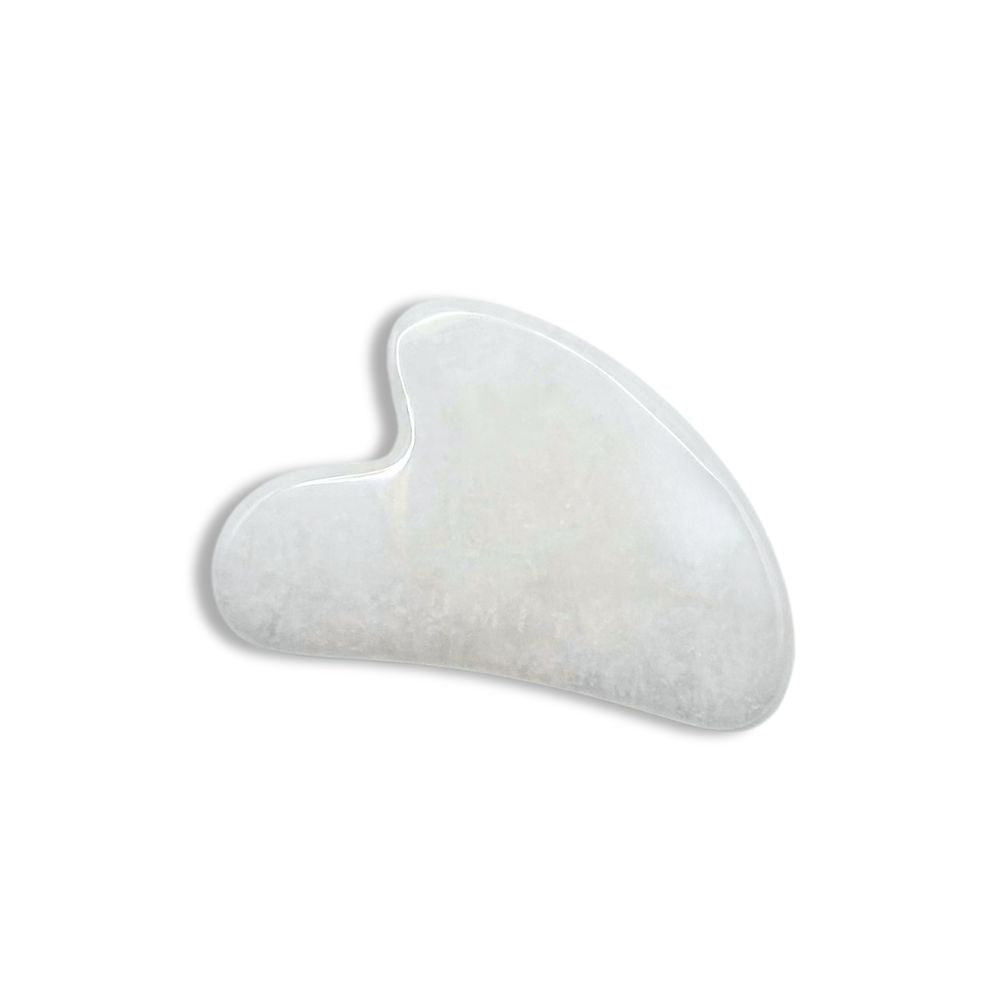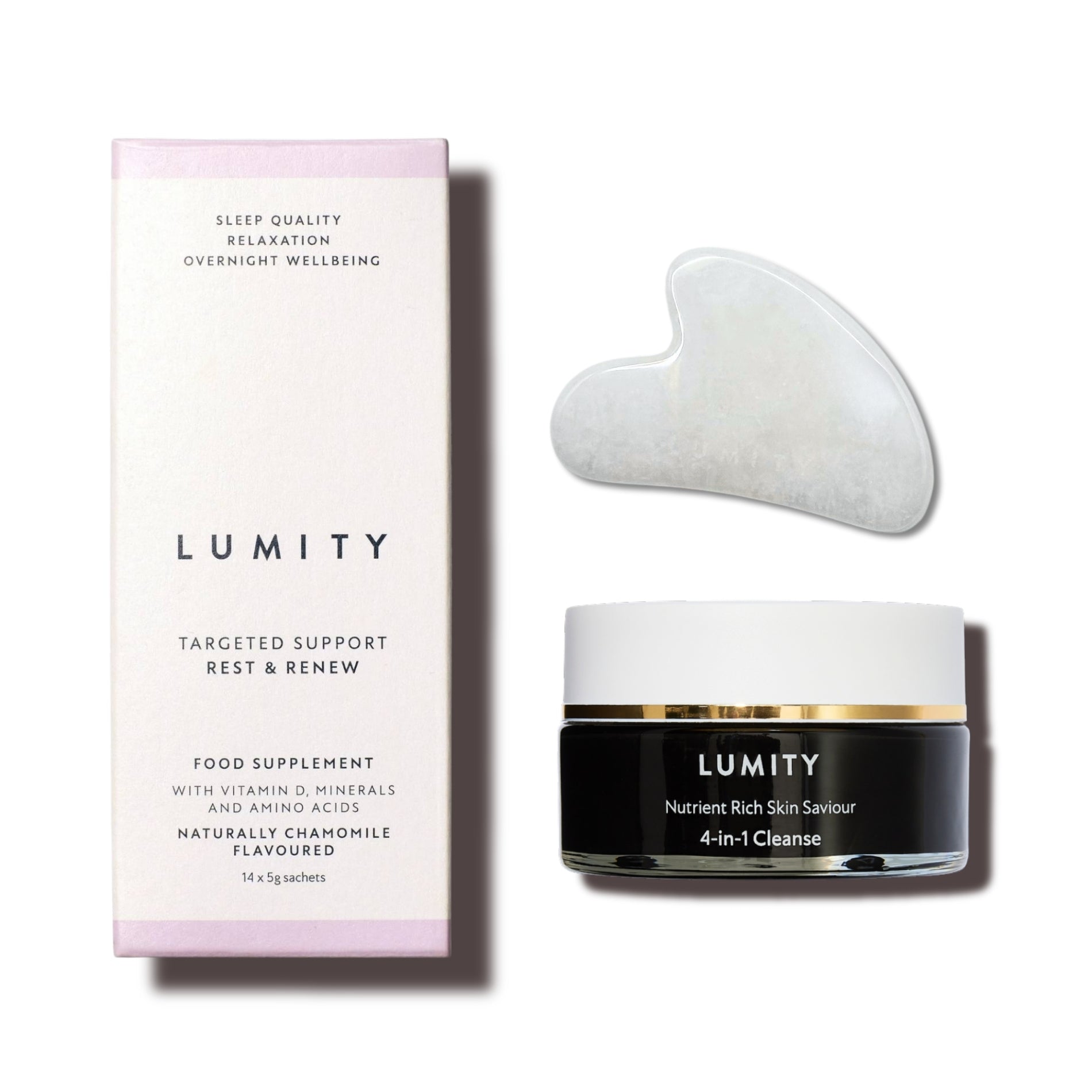Sleep Importance: How Much Sleep do You Need?

The Importance of Sleep on the Mind & Body
We all know a good sleep makes us feel better, but have you ever considered it could be the key to great health, as well as helping you to look and feel fantastic?
Why is sleep so important?
As well as helping the body renew and rebuild ahead of a new day, sleep is important for physical and mental health. Studies have suggested adequate sleep could prevent serious disease such as heart disease. It is thought of as helpful for avoiding unwanted weight gain and is a useful tool for immune health – reducing the duration of an illness significantly.
What exactly is sleep?
Sleep is a state when our response to the world around is diminished. But it’s also when the body conducts many important processes such as repairing and rebuilding muscle and bone tissue as well as renewing cells all over the body – including in our skin, brains and organs.
The benefits of sleep
Research shows the brain builds up toxins while we are awake, which the body clears out while we sleep. The result is reduced brain fog, less forgetfulness and a sharper memory. Experts agree that lack of sleep results in reduced cognitive function and, in severe cases, a sleep deficit can even result in psychosis and other mental illnesses such as depression and anxiety, as well as exhaustion plus illnesses such as colds and flu which have been sustained due to a depleted immune system. Lack of sleep also causes accelerated ageing in the shape of lines and wrinkles plus it can even cause serious dental issues such as gum disease.
How many hours of sleep do you need?
The experts agree we should all aim for an average of eight hours sleep per night. We’re all different so while seven hours of rest each night might be enough for one individual, another person might function better after just six hours sleep.
How much deep sleep do you need?
Deep sleep is crucial for great health, as it’s when the body does its best work for rest, recovery and rejuvenation. If you track your deep sleep on a fitness tracker, you may be surprised to note you only ever seem to get one or two hours of deep sleep each night. This is normal and is the average amount for a healthy adult.
How much consistent sleep do you need?
The odd late night won’t dent your health, but for optimum health, it’s best to prioritise having a good night’s sleep as often as you can.
Average sleep needs by age
- Newborn babies (aged 0-3 months of age): 14-17 hours per day.
- Infant babies (4-11 months old): 12-15 hours a day.
- Young children (1-2 years old): 11-14 hours per day.
- Preschool age (3-5 years of age): 10-13 hours a day.
- Children (aged 6-13): 9-11 hours a night.
- Teenage (14-17 years old): 8-10 hours per night.
- Young adult (18-25 years of age): 7-9 hours sleep per night.
- Adult (26-64 years old): Between 7-9 hours per night.
- Older adults (aged over 65): 7-8 hours sleep per night.
Signs that you’re not getting enough sleep
- Poor skin, with frequent breakouts
- Dark circles, under eye puffiness and red or itchy eyes
- Unwanted weight gain
- Problems with your teeth
- Drinking lots of coffee and tea
- Mood swings
- Depression
- Junk food cravings
- Lack of energy and motivation
- Poor focus, plus forgetfulness
The effects of sleep deprivation
According to the NHS, sleep deprivation can be devastating to health: “Lack of sleep can affect your overall health and make you prone to serious medical conditions, such as obesity, heart disease, high blood pressure and diabetes.”
How to get the sleep that you need
Prioritise good sleep hygiene each night, which is a matter of good common sense. Do not drink caffeine after 2pm, avoid screen time and inflammatory foods such as curry or fried foods after 9pm each night. If you’re struggling to sleep, a quality supplement such as Lumity’s Morning and Night Immunity Supplements can help.























